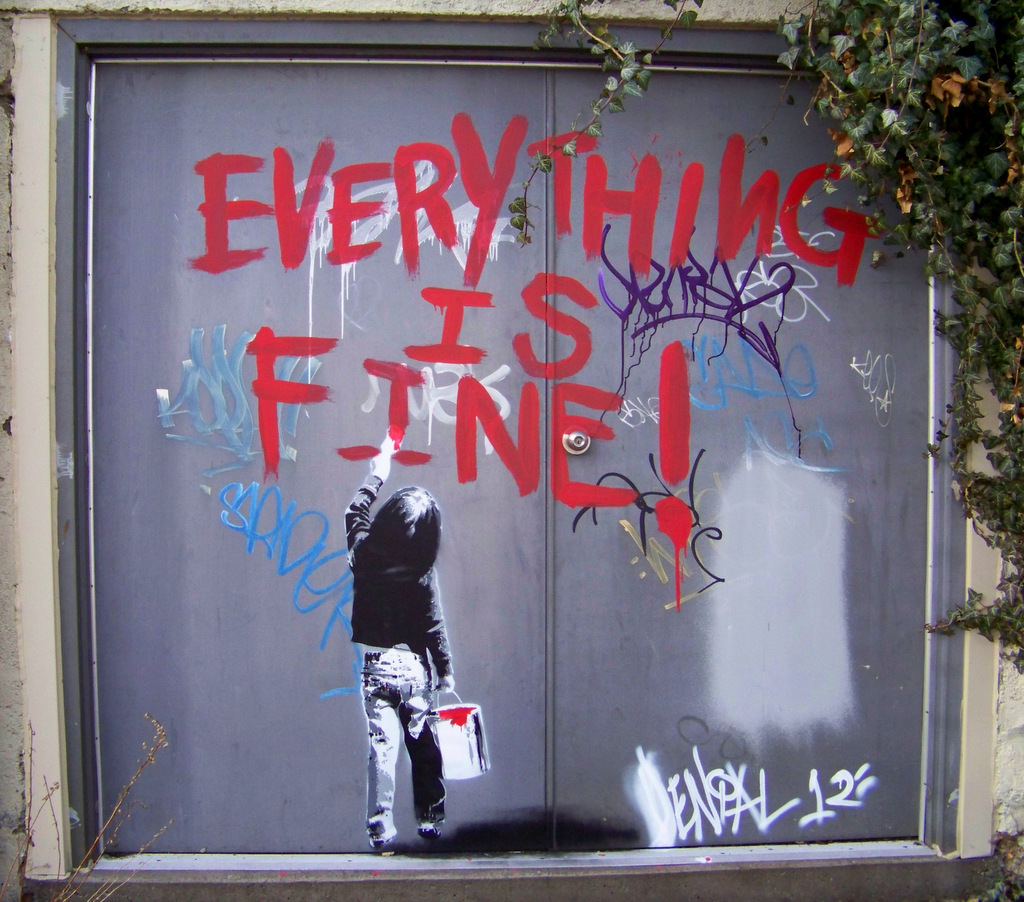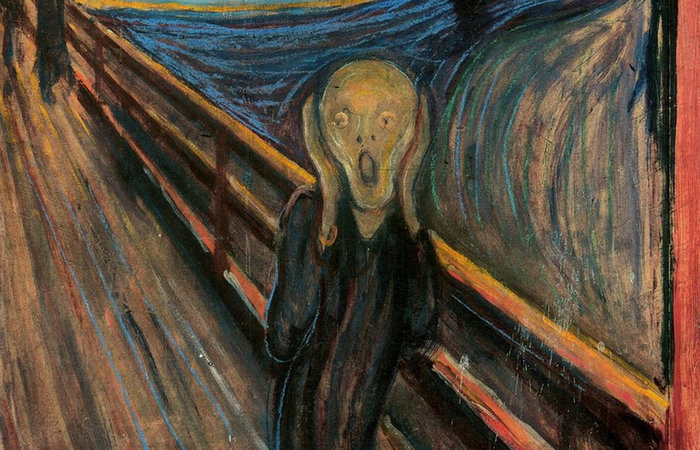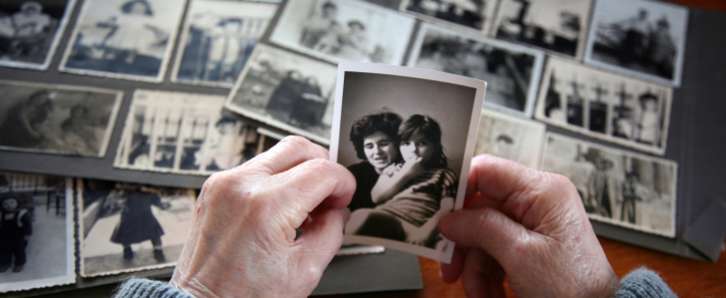Death is a truth that we have to learn at some point in our lives. Your first experience of a loved one passing away changes you forever.
Hearing the news

Whether it’s a sudden death, an accident or a long illness, receiving the news of a loved one’s death is always a showstopper. You feel like someone just knocked you out with a punch in the face and then ripped out your heart.
It’s never easy to hear such news; some people react with shock and numbness, others scream and convulse in agony, and some literally lose their minds – and you know what? That’s normal.
Don’t let anyone tell you what to feel or how to feel it. Each person is unique in expressing their heartache.
Denial

Not accepting the bitterness of reality is a mechanism of the human mind; we choose not to believe that this death actually happened, that this person we love and cherish so dear is no longer with us.
In some cases, denial takes the edge off the pain. It becomes some sort of an escape, a mental comfort zone in the middle of the utmost intolerable situation.
Denial can be useful for a while, but it can’t last forever. Sooner or later, you will have to face the truth.
Expression

There are so many ways of expressing grief – anger, aggressiveness, uncontrollable emotions. These feelings and reactions are all valid and common in the grieving process, so no, you’re not abnormal.
This phase will take the time it needs and will gradually resolve.
Triggers

A song, a scene from a movie, an old picture or a funny joke. There are so many things that can trigger a beautiful memory and turn it into a painful one. But it’s in your hands to keep the memory beautiful; even if you tear up a little (or a lot), smile through it and don’t hide or avoid the experience.
These memories are what keep our deceased loved ones alive and remembered. It’s bittersweet to feel their presence and absence at the same time.
Depression

Of course grief comes along with depression, and it can affect you physically or mentally. Some people describe the loss of a loved one similar to the loss of a vital organ because you feel imbalanced, sick and incomplete.
You will have plenty of sleepless nights – insomnia is a very common symptom of grief – accompanied by heavy heart pains and sometimes nightmares as well.
Others experience anxiety and panic attacks, long episodes of sobbing, and fearing their own death or the death of another loved one.
BE SURE that all of these things will pass when you allow them to. Although it doesn’t minimize the significance of your loss, time heals and eventually, you learn to cope.
Don’t associate healing with forgetting. No, you won’t forget, but you will learn how to adapt and work on your well-being – and this doesn’t mean you’re inconsiderate or selfish.
Things left unsaid

There is never a proper way to say goodbye to such an irreplaceable person. Don’t beat yourself up over what you should’ve said last or wish you would’ve said more. No matter how many times you relive scenarios in your head, the cold reality of their loss won’t change. You will just drain yourself even further and you will be guilt tripping over nothing.
Know within you that they are near, that they feel you and that your unsaid words have already been delivered – from your heart to theirs – long before you even knew it.
Reminders

Remember, trying to escape from facing your pain won’t do you any good. On the contrary, it will eventually make you feel worse.
Remember to embrace your grief; you are devastated and that’s okay! Talking to a friend or someone who has been through the same experience of losing a loved one always helps.
Remember, a good cry won’t hurt anyone and it’ll help you blow off some steam and feel at ease. You don’t have to have it together all the time!
Remember, throughout your lifetime, you may “relapse” to some of the earlier stages of grief, and that’s very common. There is no expiration date for your mourning; take as much time as you want until you adapt to and accept your loved one’s absence.
Remember, having this person in your life up close and personal aided in your self discovery, your character construction and who you have become today, so you kind of carry a part of them with you wherever you go. They are alive in you and that’s precious.
Remember, don’t let the death of a loved one consume you while there are others surrounding you who need your love and attention. They are also dear and they deserve to have you around and be able to depend on you.
Last but not least, remember to have faith; believe that everything happens for a reason and that we’re all here on a short journey that will hopefully lead to the real adventure. At least now you have a stronger reason to look forward and not be afraid of the unknown; faith is the key.
A piece of advice

Pick up the phone and call or go see your best friend, sibling, parents or anyone you treasure. Tell them how much you love them, how much they make life better just by existing and how grateful you are that they are there for you and you for them.
You will feel so much better afterwards. It works miracles, believe me.
So many loved ones have parted our world so suddenly, and this has taught me the hard way that life is too short and we have to make the best out of now.
WE SAID THIS: Don’t miss 10 Liberating Ways to Control Your Anger


